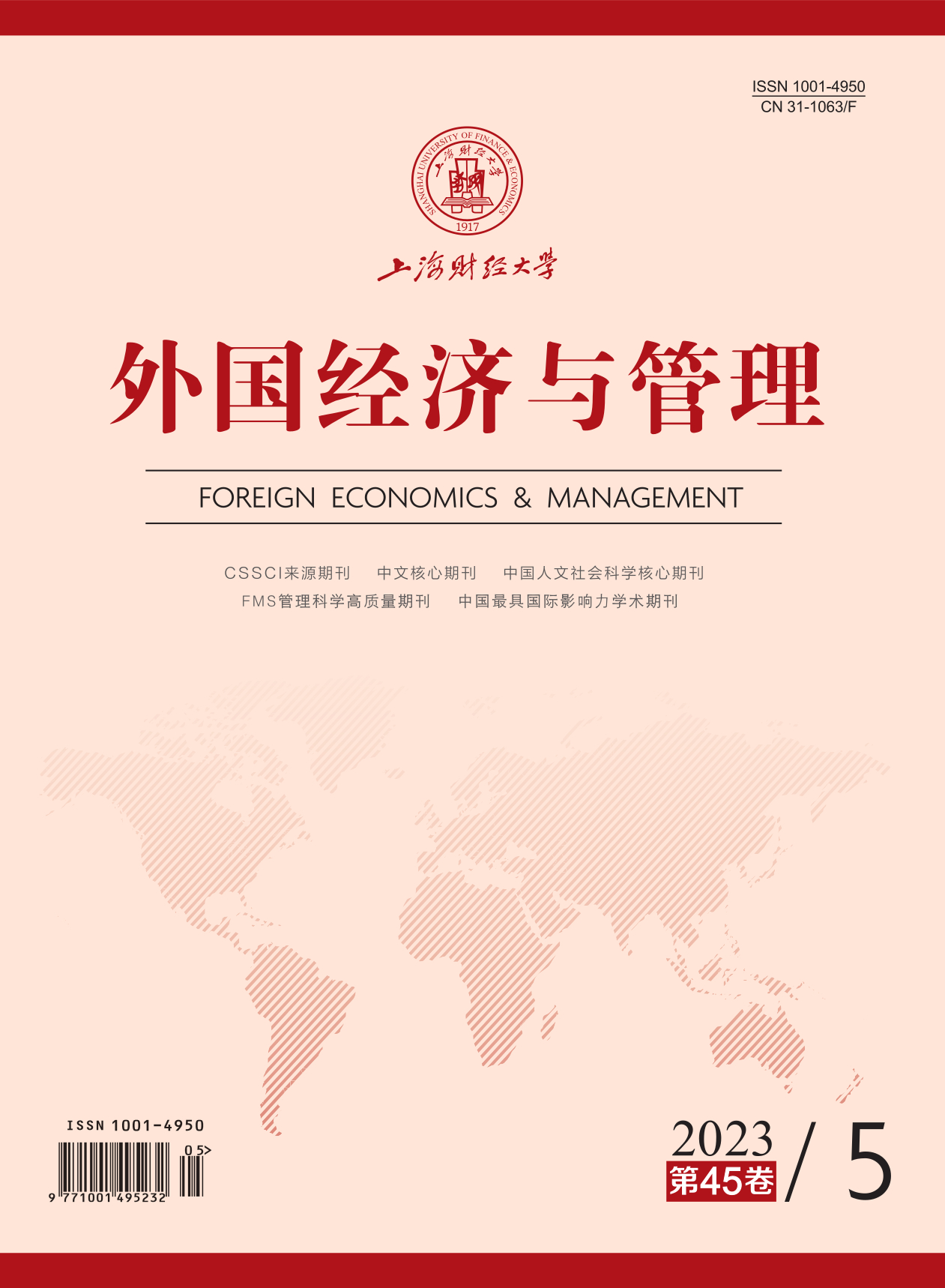Institutional work refers to “the purposive actions of individuals and organizations aimed at creating, maintaining and disrupting the institutions”, including creating institutions, maintaining institutions and disrupting institutions, and its emergence has opened a new door for the development of neo-institutional theory. Although the theory of institutional work has had great influence abroad, it has not yet attracted the attention of scholars in China, and the research on institutional work in domestic academia is still in its infancy, which is difficult to demonstrate the important theoretical significance and practical value of the theory of institutional work.
Therefore, following the research context of “what” “why” “who” “when” “where” and “how”, this paper reviews and prospects the existing achievements of the definition, trigger mechanism, actors, time, place and strategy of institutional work based on the “5W1H” analysis framework, so as to help Chinese scholars grasp the existing research achievements and follow-up important research topics of institutional work.
The research shows that: First, the existing definition of institutional work only includes three parts: creating institutions, maintaining institutions and disrupting institutions, lacking the interpretation of institutional diffusion. Second, the dialectical unity of legitimacy mechanism and efficiency mechanism triggers the institutional work, and their dialectical unity in the thinking of actors is a key to explaining why institutional work happens, and the relative importance of the two mechanisms will change with the change of the formation logic of actors’ behavior patterns. Third, individuals or organizations are the actors of institutional work, but the existing literature usually only discusses the role of a certain type of actors in institutional work, and ignoring how different types of actors collaborate to carry out institutional work and their impact on the effectiveness of institutional work. Fourth, actors tend to carry out institutional work when they feel functional pressure, political pressure, social pressure or institutional contradiction, but how to carry out institutional work in the face of multiple institutional pressures or institutional contradictions at the same time remains to be explored. Fifth, actors can carry out institutional work based on six levels, but the organizational subsystem and the world system level lack attention, and the organizational field level is the most important level. Sixth, institutional work strategies can be summarized as practical work strategies, boundary work strategies and emotional work strategies. This paper holds that the practical work strategies and boundary work strategies that belong to the macro external level must ultimately act on the emotions of external audiences in order to promote the implementation of institutional work. However, there is a lack of attention on the motivation and effect of institutional work strategy selection.
Overall, this paper can help Chinese scholars grasp the existing research results and follow-up important research topics of institutional work, help to alleviate the situation of extreme lack of institutional work research in China, and provide practical enlightenment for actors to carry out institutional work.





 6866
6866  9361
9361

